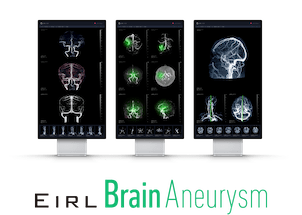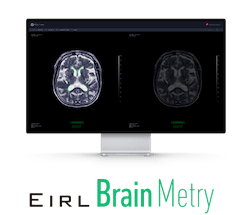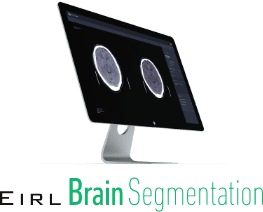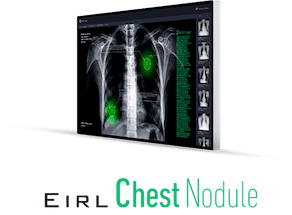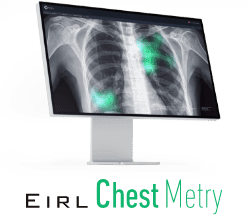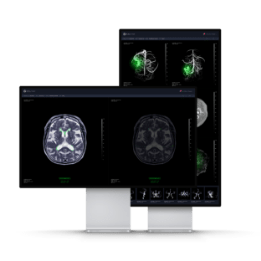Research and Development
LPIXEL puts focus on a various array of
diseases to optimize doctor’s workloads.
EIRL’s goals are to serve as an aid to sustainable development for medical and to maximize people’s well-being. LPIXEL puts focus on developing medical image diagnosis support technology with our distinctive algorithm powered by AI, leveraging a numerous amount of medical big data which revolves around medical images such as CTs, MRIs, and pathological images.
The following software under research and development has not yet been granted an approval under the Pharmaceutical Affairs Act. Hence, this can be used for neither medical use nor single application but can be used for situations such as researches, examinations, and education that don’t have any ill effect on a human body, and the explanation for research subjects.
Powered by a spirit of venture and a cutting-edge technology, LPIXEL challenges itself to create the future of medical.
LPIXEL aims to expand its expertise into the world and provide a prosperous future and revolutionary products as a hub for open innovation with its various partners. With this belief in mind, LPIXEL is on a continuous journey to make the world a happier place for everyone.
 Brain Disease
Brain Disease
Brain Intracranial Stenosis Detection
In efforts to reduce the number of misdiagnosed cases of intracranial stenosis, our technology conducts a careful analysis of MRA scans to detect patterns that are similar to narrowed arteries.
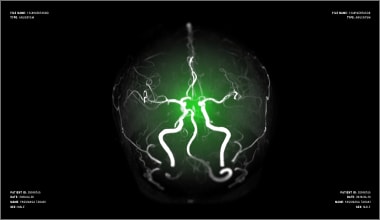
 Lung Disease
Lung Disease
Lung Cancer
This cutting edge technology targets lung cancer CT scans to automatically identify the type of lung cancer and gene mutation. Our goal is to reduce the need for highly invasive biopsies and open doors to imaging-based treatment options for patients.
*Currently under development with the National Cancer Center in Japan.
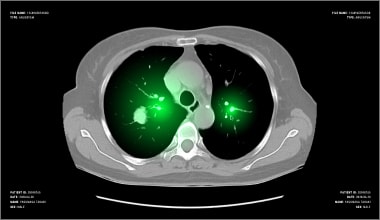
 Mammary Gland Disease
Mammary Gland Disease
Breast Cancer
This technology conducts a time-intensity curve (TIC) analysis for MRI scans of the breasts. Our goal is to be able to augment machine learning technology to identify the degree of malignancy of the tumor.
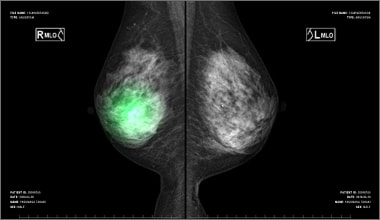
 Colonic Disease
Colonic Disease
Colon Cancer
With aims to decrease the number of overlooked lesions, this technology analyzes the examination results of the colonoscopy images in real time and displays the areas in the colon where the prevalence of lesions, such as tumors, are high.
*Image provided by The Jikei University School of Medicine
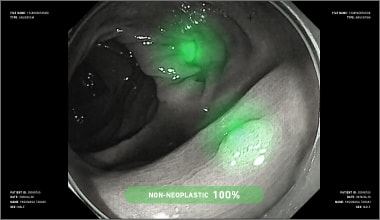
Awards
Awards in and outside of Japan

AWARD 01
2017 Red Herring
Global Top 100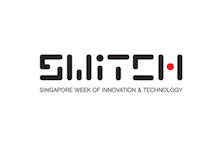
AWARD 02
SLINGSHOT@SWITCH 2017
Runners-up Award
AWARD 03
Japan Healthcare Business
Contest 2017 Excellence Award
Partners
LPIXEL is enhancing active joint research and development collaborations for EIRL with various parners.

JOINT RESEARCH 01
National Cancer Center Japan

JOINT RESEARCH 02
Osaka City University

JOINT RESEARCH 03
The Jikei University

JOINT RESEARCH 04
The University of Tokyo Hospital
Publications
and Conference information
Conference information
Deep Learning based Computer-Aided Detection of Unruptured Cerebral Aneurysms
The Detection and Differential Diagnosis of Colonic Lesions with an Artificial Intelligence Algorithm
Deep Learning for MR Angiography: Automated Detection of Cerebral Aneurysms
